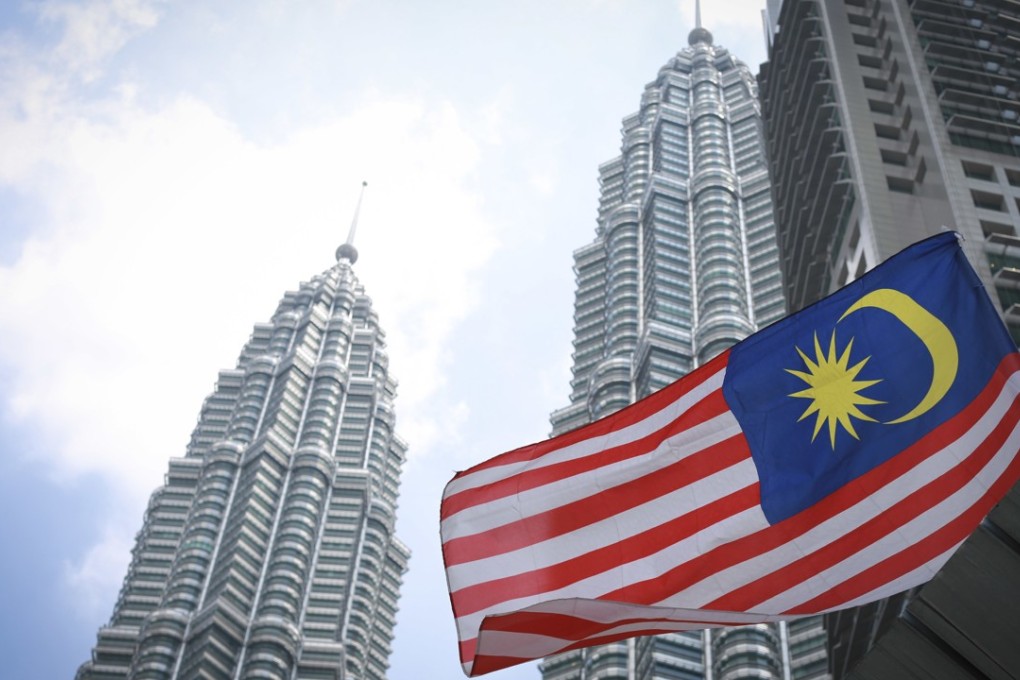How Islamic finance is helping fuel Malaysia’s green growth
Victoria Kwakwa says the challenge for the developing world is sustainable and inclusive growth in the face of climate change, and Malaysia’s green sukuk initiative is an innovative way to close the infrastructure gap

Income growth is not the sole aim of economic development. An equally important, albeit harder to quantify, objective is a sense of progress for the entire community, and a confidence that prosperity is sustainable and shared equitably for the long term.
Inclusive and sustainable development looks beyond growth in gross domestic product and can strengthen nations for generations. However, rising income inequality has impeded social mobility, increased social tensions, and undermined effective governance in many countries.
We are firmly committed to our twin goals of helping to reduce the number of people living in extreme poverty, and to promoting shared prosperity, particularly among the bottom 40 per cent of the population.
Investments in infrastructure are essential for meeting both goals. Whether by connecting farmers to markets or by providing families with electricity and clean water, infrastructure investments can transform lives for the better. However, analysts estimate that developing countries will need to invest US$1.7 trillion annually in infrastructure just to maintain their rate of growth, while actual investment pledged each year falls far short, at closer to US$880 billion.
City sukuk opens door to more Islamic finance in Hong Kong
To close this huge infrastructure gap, we need more options for investment financing. It would be better yet if these options adhered to our principles of sustainable development, particularly given the spectre of climate change. A tall order, but not impossible.